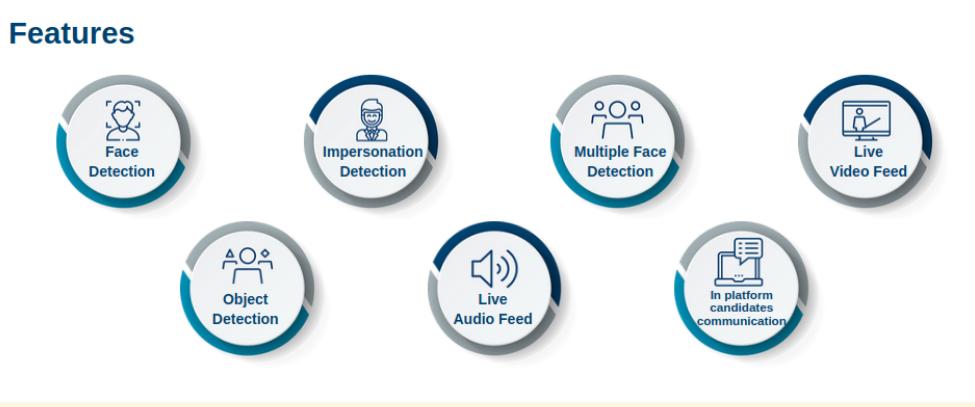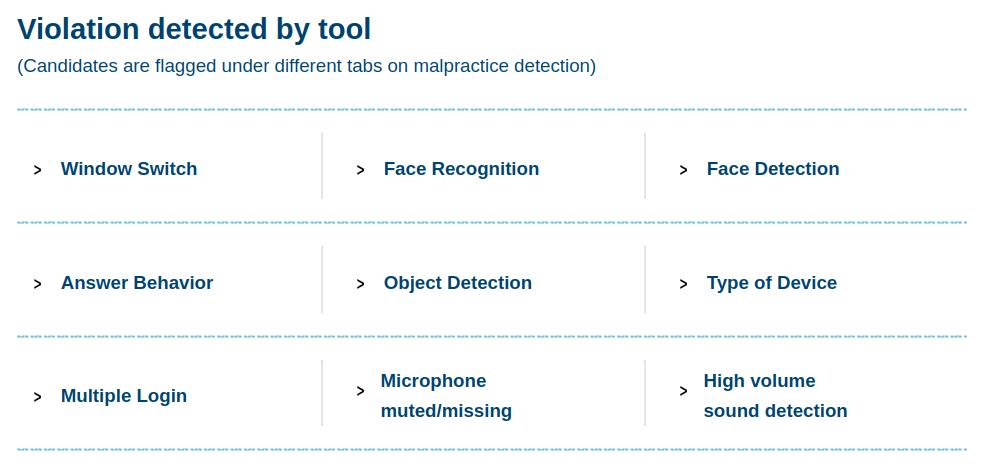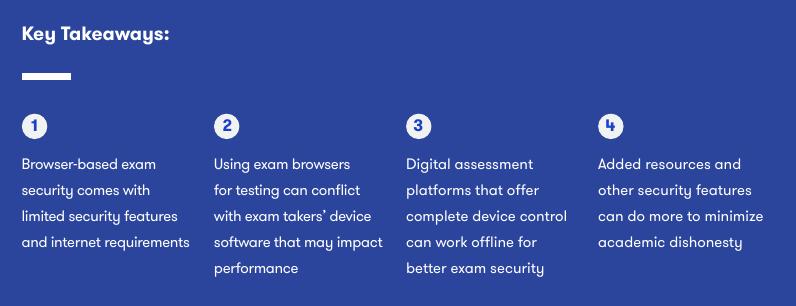
NLSIU Bangalore has stated in a press release that “some cases of examination malpractice deserve criminal investigation and the University has already lodged a criminal complaint against some actors”, in relation to its controversial National Law Aptitude Test (NLAT) that saw more than 27,500 candidates.
Some candidates “have already been disqualified by proctors during the examination resulting in an auto-submission”, but it was the “post examination audit and scrutiny that ensures exam integrity”.
The full NLS press release is viewable below.
Criminal complaints made
The release also added:
We aim to eliminate any and every candidate who has indulged in any malpractice from further consideration in the admission process.
Some cases of examination malpractice deserve criminal investigation and the University has already lodged a criminal complaint against some actors.
The University had been “subjected to an orchestrated and malicious vilification campaign that rests on speculation, lies and outright fabrication”, noted NLS in its press release.
“We have been falsely accused of being exclusionary when there is no other national examination of similar scale that has delivered as many process and infrastructural accomodations as NLAT 2020”.
Audit with 7, potentially limited, data parameters
That post-examination audit was “now underway”, stated NLS:
University faculty and staff and third party technical experts will review the digital record, scrutinize and analyze candidate behaviour closely along the seven data parameters generated by our partner’s technological platform.
That specific mention of “seven data parameters” tallies up with the seven technical “features” of its remote proctoring examination software listed on the website of the NLAT vendor, AON-owned India-based company Cocubes.
Those features are (also see screenshot above):
- Face detection
- Impersonation Detection
- Multiple Face Detection
- Live Video Feed
- Object Detection
- Live Audio Feed
- In platform candidates communication
Furthermore, the website of Cocubes claims the following “violation detected by tool” (“candidates are flagged under different tabs on malpractice detection”): “window switch, face recognition, face detection, answer behavior, object detection, type of device, multiple login, microphone muted/missing, high volume detection”.

However, as we had reported earlier, after NLS had made the decision to drop the forced download of a separate piece of software onto candidates’ computers several days before the exam, the data collection possibilities of software running in a computer browser are unfortunately limited and were unlikely to extend to even being able to detect screensharing programmes such as Zoom.
The dropping of this software - a so called ‘Safe Assessment Browser (SAB) Tool’ - had been announced via the FAQs on its website before the exam.
Anyone moderately versed in online exams, such as professional coaches or operators looking to give candidates unfair advantages in exams, would have been well aware of the implications of this.
Locked down browsers are apparently not market standard
A marketing presentation from online testing provider ExamSoft, which is available on their website, is entitled: “Why Locked Down Browsers Fail The Security Test & Why You Need Complete Device Control”.
There are four main takeaways mentioned in that presentation (see screenshot below), which include:
- “Browser-based exam security comes with limited security features and internet requirements”, and
- “Added resources and other security features can do more to minimize academic dishonesty”.
While ExamSoft is clearly trying to market its own services over competitors’, the reality is that vendors of online proctored-exams abroad and also in India - e.g., the LSAT-India and also Symbiosis’ SLAT - follow similar industry practices.

The ExamSoft presentation goes on to describe in detail some ways of circumventing security via a so-called “locked down browser”:
Browser-based exam security (i.e. locked down browser) is online software that is limited in protecting the integrity of exams. While exam takers are prevented from performing certain actions like copying or printing webpages or visiting other websites, there is nothing that prevents them from employing tactics that effectively bypass the exam browser’s security measures altogether.
Using virtual machine software, or “VMware”, is just one of the many tactics in which the security of locked down exam browsers can be compromised. Virtual machine software allows computers to run multiple operating systems over a single physical host computer [1], which is what most exam browser software is intended to prevent. This method can be made all the easier for exam takers with websites like YouTube and Reddit that can offer step-by- step instructions on how to bypass an exam locked down browser’s security with VMware.
There are also documented instances of exam takers typing a URL into a text-only answer box within the exam locked down browser itself, that is then automatically hyperlinked. Exam Takers are able to click on the hyperlink to open a separate browser tab, opening another door for cheating [2].
threads most popular
thread most upvoted
comment newest
first oldest
first
Sudhir and sarasu, you both did not make this university, the university made both of you.
You two in no way are a reflection of NLSIU spirit. People like you, come and go but the organisation continues to exist.
Be humble and move on for now.
So Sudhir and Sarasu- you’re fine. Keep going. Do everything you can to do the right thing in impossible circumstances.
The person who told me this is very influential and respected.
No exam is perfect. CLAT has been shambles all of these years and they haven't been as responsive or understanding as Nls throughout this whole situation has been. They have listened to every criticism and have tried to act on it. They did their best resolving the access issues in collaboration with the IDIA and have been trying their best to deal with integrity issues. People ranting about small notice period and change in pattern, it's a competitive exam, get over it. Pattern might be different but the syllabus is exactly the same.
LI has done a fair job covering the integrity issues and I really feel that no cheaters will be allowed to enter. Having studied a course under Sudhir, I am pretty sure that I haven't seen a professor who cares about integrity than he does. With them carefully checking videos of everyone who gets in, I'm pretty sure all the cheaters would be eliminated. Again, no exam is perfect. We're living in trying times and all of us are trying to make the best out of what we have. Nls doesn't have unlimited money like Jindal. And in any case, having this exam instead of having it at centres like clat is going to do is way better. Just look at what's happening with NEET.
I can go on and on about his internal administrative blunders, but this is not really the forum for that, especially when everyone can see for themselves his admin clusterf*** during NLAT.
At par with Jindal? In what way exactly other than student quality that NLS had always been ahead anyway?
Translation: We will do everything we can to ensure the downfall of Legally India. No students or alumni will ever speak to this website again.
FM has reached a point in his career where he can make huge changes in society through his influential videos. Forgive me if I don't look down on him for making legal education accessible.
p.s. I support FM's position on NLAT, not Sudhir's.
www.deccanherald.com/national/bill-to-give-national-importance-tag-to-gujarat-ayurveda-institutes-introduced-in-rajya-sabha-887912.html
threads most popular
thread most upvoted
comment newest
first oldest
first